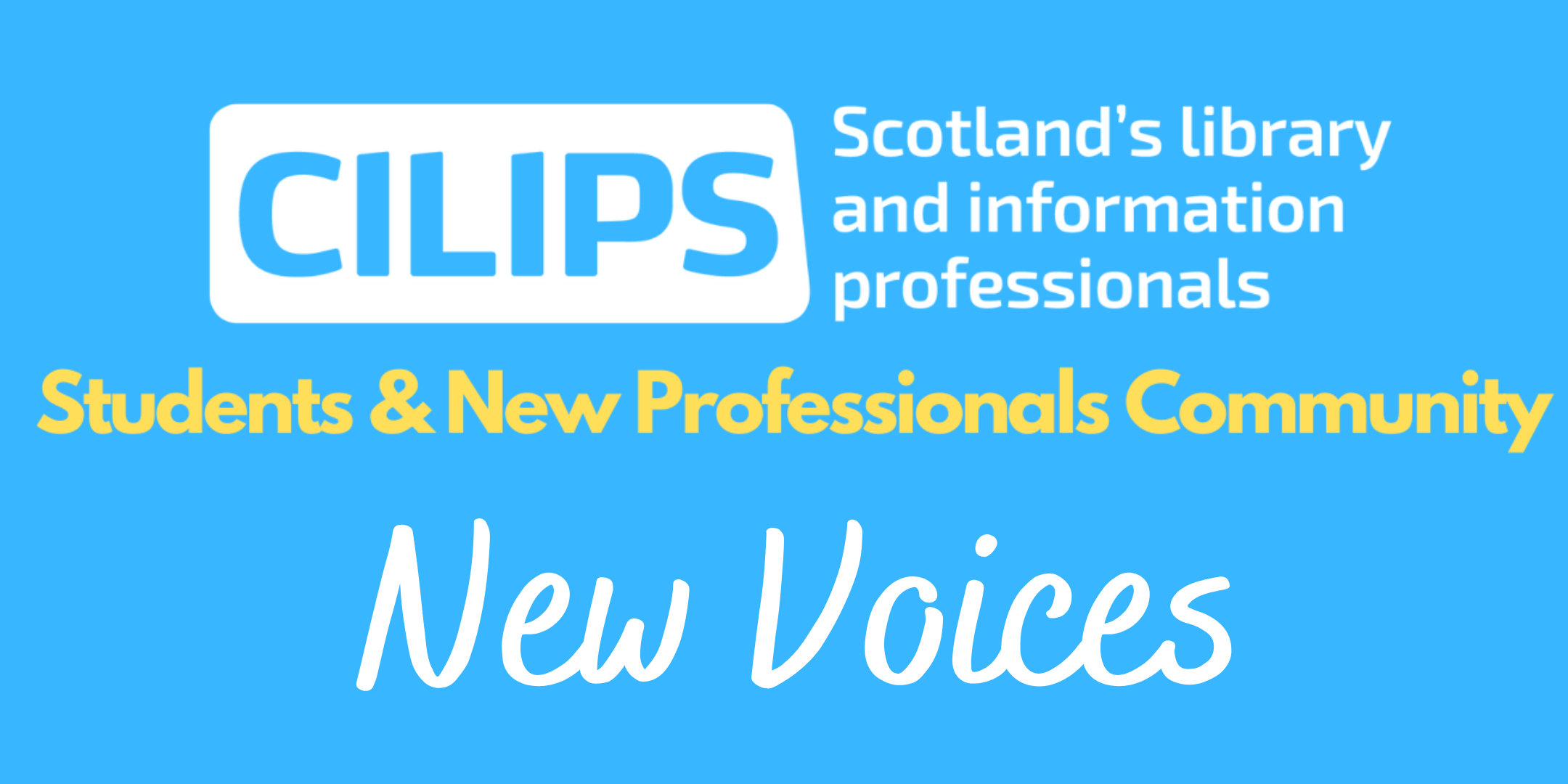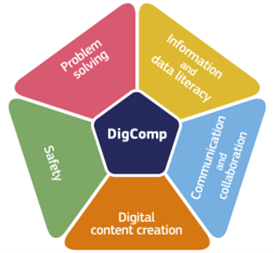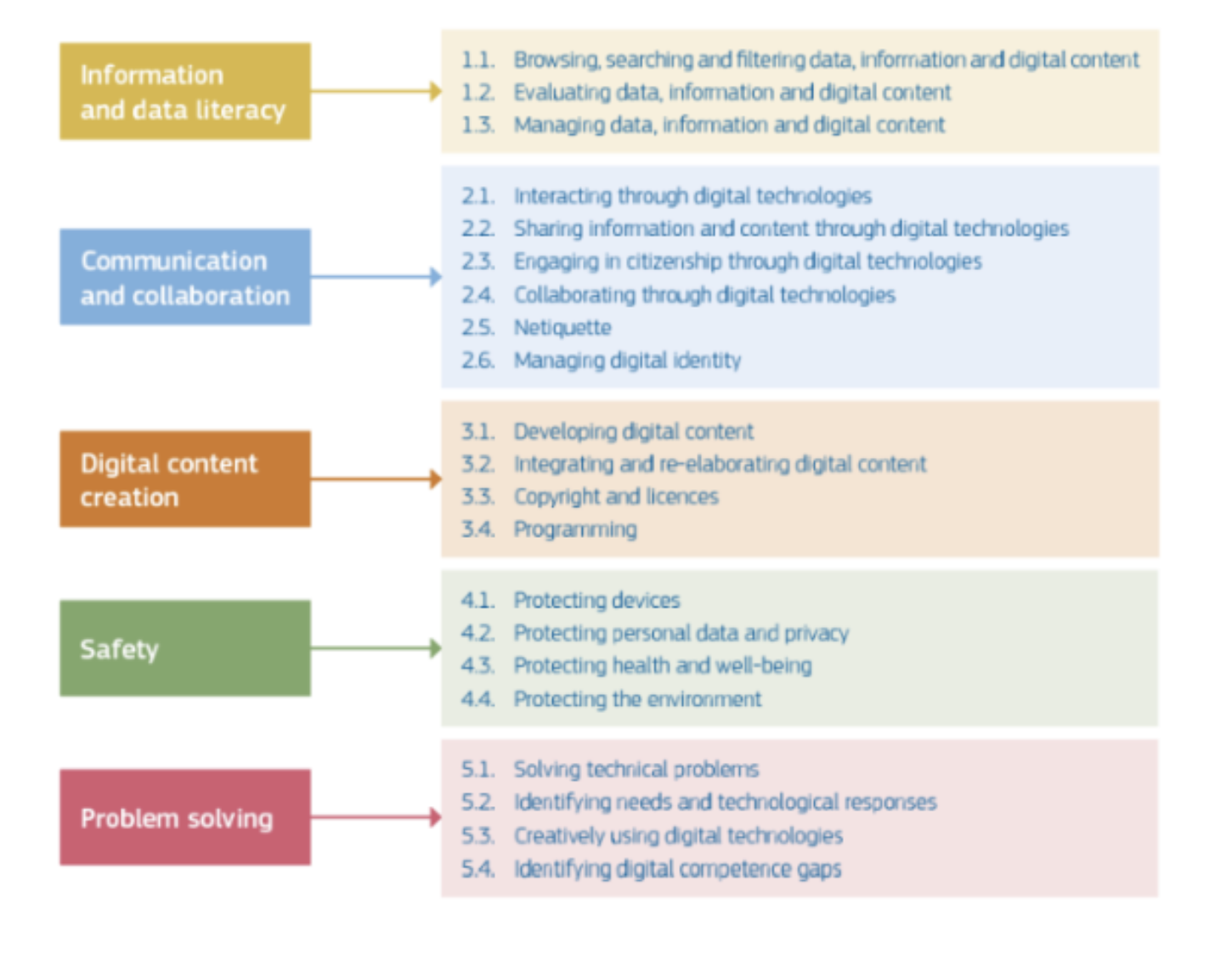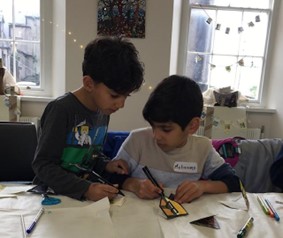New Voices RGU Student Series 2023 – Iqbal Keane
Category: Blog, New Voices, New Voices, RGU Student Series

In this 2023 Student Series for the New Voices blog, the CILIPS Students & New Professionals Community will be sharing the views of Robert Gordon University students from the MSc in Information and Library Studies. With special thanks to Dr Konstantina Martzoukou, Teaching Excellence Fellow and Associate Professor, for organising these fantastic contributions. This series will be shared by CILIPS Graduate Trainee Leah Higgins.
 Many thanks to Iqbal Keane for their contribution to the blog! Iqbal works as the branch manager of Youghal Library which is situated in a small seaside town in County Cork, Ireland. Having worked for Cork County Council Library and Arts Service since 2007 Iqbal is currently a MSc student of Information and Library Studies at RGU.
Many thanks to Iqbal Keane for their contribution to the blog! Iqbal works as the branch manager of Youghal Library which is situated in a small seaside town in County Cork, Ireland. Having worked for Cork County Council Library and Arts Service since 2007 Iqbal is currently a MSc student of Information and Library Studies at RGU.
ROLE OF INFORMATION PROFESSIONALS IN SUPPORTING THE DEVELOPMENT OF INFORMATION LITERACY SKILLS
Information literacy refers to the possession of a set of skills that enables a person to find, interpret, organise, use and share information, while understanding the legal and ethical constraints regarding information use. (CILIP 2018). To be digitally literate, according to IFLA (International Federation of Library Associations and Institutions 2017), means, ‘one can use technology to its fullest effect – efficiently, effectively and ethically- to meet information needs in personal, civic and professional lives.’ As recognised by DigComp, the European Digital Competence Framework for Citizens Digital Skills, these skills are more than just being familiar with technology. They call for a wide range of cognitive soft skills that are necessary to search contents and functions, assess and filter them, solve problems, while simultaneously being aware of privacy and security issues involved whilst being digitally active.
Lack of digital skills makes citizens more likely to be excluded from a large array of social, economic and political activities. This is even more pronounced in the case of those who have been displaced because of the ongoing global humanitarian crises caused by war and natural disasters. The Irish Government launched the Irish Refugee Protection Programme (IRPP) as a direct result of this humanitarian crises. By the end of January 2021, Ireland became home to 2018 Syrians resettled under the IRPP.
Due to the resettlement of several families in Cork, Cork County Library Service was keen to be involved in programming that would assist the refugees’ information needs and help them to integrate and thus make sense of their new communities. This involved collaboration and co-ordination with existing organisations such as the Health Service Executive, Family Resource Centres, Community Centres and Adult Education Training Boards which was conducted through in person meetings involving the Syrian refugees.
One of the main barriers was that of language as the Syrian refugees only spoke Arabic, and to communicate effectively the services of an interpreter were necessary. It would have been beneficial if library staff had bilingual skills in Arabic and English but this was not the case, highlighting the need and importance of diversity in staff recruitment. It was important not to assume that the refugees had good literacy skills in their own language. This would mean that although our library literature was translated into Arabic, this would only be beneficial if the refugees could read it.
A lot of thought, planning and funding was allocated to programming that would help the refugees’ integration into their new communities, an important step in combatting social isolation. For instance, the following events were organised: art and craft workshops, a ‘Bake Off’ event to showcase their baking, board game afternoons, and children’s story time. One to one computer sessions were provided to help with the acquisition of digital skills. Books were sourced with Arabic translations. The families were shown videos prepared by the Health Service Executive setting out basic health literacy in spoken format. The library hosted informal English language classes, run by local volunteers.
Although the foregoing was a useful service provided by our library, it is even more important for librarians to educate themselves on how to support refugees and migrants effectively. Taking courses on how to work supportively with refugees would be beneficial in understanding their needs. Librarians need to develop additional transferable skills to complement their basic technological knowledge. Martzoukou and Elliott (2016), identified deficiencies in the digital skills of librarians and recommended that library services need to put in place concrete plans and policies to provide digital skills to library staff that go beyond knowledge of the technology and instead also embrace transferrable skills. As their research concluded, librarians need to develop their technical online research skills to enable them to source important resources that meet the information needs of their patrons. Outreach skills need to be developed to enable librarians to collaborate and engage with stakeholders. Upskilling and maintaining digital skills through continuing education as well as through the professional library qualification is vital to enable librarians to function effectively in this digital age.
Thank you to Iqbal for this excellent insight into the role of Information Professionals in supporting the development of Information Literacy skills.
Stay tuned for more in the 2023 New Voices RGU Student Series coming soon and be sure to check out the rest of CILIPS SNPC’s New Voices blog.
REFERENCES
CILIP, 2018. CILIP Definition of Information Literacy. (online) Available from: https://www.cilip.org.uk/news/421972/What-is-information-literacy.htm [Accessed 12 October 2022]
DIGCOMP 2.2 (online) Available from: https://publications.jrc.ec.europa.eu/repository/handle/JRC128415 [Accessed on 15 October 2022].
FUTURE LEARN: Working supportively with refugees: Principles, skills and perspectives. (online). Available from: https://futurelearn.com [Accessed on 16 October 2022].
INTERNATIONAL FEDERATION OF LIBRARY ASSOCIATIONS AND INSTITUTIONS, 2017. IFLA Statement on Digital Literacy [online]. International Federation of Library Associations and Institutions. Available from: https://repository.ifla.org/handle/123456789/1283 [Accessed 12 October 2022].
IRELAND, Department of Children, Equality, Disability, Inclusion and Youth. 2021. Voices of Syrians: resettled refugees in Ireland. (online). International Organisation for Migration (IOM) Ireland. Dublin. Available at:
[Accessed on 12 October 2022).
MARTZOUKOU, K. AND ELLIOTT, J., 2016. The development of digital literacy and inclusion skills of public librarians (online). Communications in Information Literacy, 10(1), pp 99-115. Available from: https://files.eric.ed.gov/fulltext/EJ1103402.pdf [Accessed 12 October 2022]
MARTZOUKOU, K., AND BURNETT, S., 2018. Exploring the everyday life information needs and the socio-cultural adaptation barriers of Syrian refugees in Scotland. Journal of Documentation 74(5). Available from https://doi.org/10.1108/JD-10-2017-0142 [Accessed 15 October 2022].




